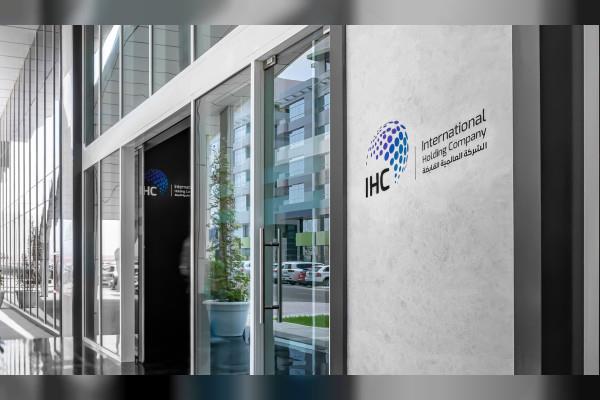(MENAFN- Emirates News Agency (WAM)) ABU DHABI, 15th March, 2023 (WAM) -- TRENDS Research and Advisory and the International Humanitarian City (IHC) revealed the results of an extensive scientific study assessing the current and potential economic impact of IHC on the performance of Dubai economy, and the UAE economy as a whole.
The revelation was made at a press conference held on the sidelines of the 19th edition of the Dubai International Humanitarian Aid and Development (DIHAD) conference and exhibition, with the participation of more than 828 international non-governmental organisations and humanitarian associations.
The IHC Economic Impact Assessment is the first fruit of the partnership between TRENDS and IHC; the two sides signed a Memorandum of Cooperation in March 2022 to enhance partnership and cooperation in research and opinion polls and achieve the objectives of both sides in conducting original evidence-based research, raising awareness and supporting decision-makers and policy-makers.
The study analysed the total quantitative impact of IHC activities in terms of added value during the period 2016-2022. It also presented an analysis of the quality capabilities that helped IHC support the UAE economy during that period, keeping in mind that IHC hosts local, regional and international aid organisations as well as leading international companies in humanitarian work under one organisational umbrella within IHC.
Prepared by the economic studies team at TRENDS Research and Advisory, the study followed an accurate scientific methodology in monitoring and assessing the economic impact of IHC. It concluded that IHC achieved a quantitative growth that reflected positively on the performance of Dubai economy and supported the added value of the UAE economy during the period 2016-2022.
The study also showed some key quality effects of IHC on the UAE economy between 2016-2022; IHC made more investments in establishing data banks and platforms, thereby adding value to the knowledge economy of the UAE.
The study also found that IHC's activities contributed to empowering and supporting the humanitarian sector worldwide; it attracted and hosted many regional and international relief and humanitarian work partners to work under its umbrella during the years 2016-2022.
The study was concluded with general recommendations aimed at enhancing the economic impact of IHC, including prioritising developments that can help increase and accelerate IHC's economic impact in the future, which can be done by creating new channels to enhance IHC's attractiveness and expand UAE companies and human cadres; and increasing the capabilities of current members to deepen ties and connections with the UAE economy and other economies of the world.
On this occasion, Dr. Mohammed Abdullah Al-Ali, CEO of TRENDS Research and Advisory, stated that the IHC Economic Impact Assessment, which was prepared for IHC by the economic studies team at TRENDS, falls under the advisory services provided by TRENDS to its local, regional and international partners as part of its vision and strategy of expanding the provision of advisory services in the fields of research, training, administrative services, and others.
Al-Ali stressed that the study focused on assessing the economic and developmental performance of IHC during the period 2016-2022. He added that the scope of the study was limited to identifying, highlighting and assessing the general aspects of IHC's performance. It also highlighted its economic, development and relief contributions. He explained that the study presented insights and suggestions for increasing IHC's contribution to economic activities in the UAE.
On his part, Giuseppe Saba, CEO of IHC, stressed that the study highlights the leading role of IHC in the humanitarian field since its establishment twenty years ago. The findings confirm the importance of coordination and partnership for advancing humanitarian work and achieving sustainable development goals. He explained that achieving IHC's ambitious goals requires working with governments, the private sector and academia.
The findings also confirm that investing in humanitarian work brought economic benefits for Dubai and the UAE and added value to the UAE's reputation and proactive leading role in humanitarian work.

.gif)















Comments
No comment